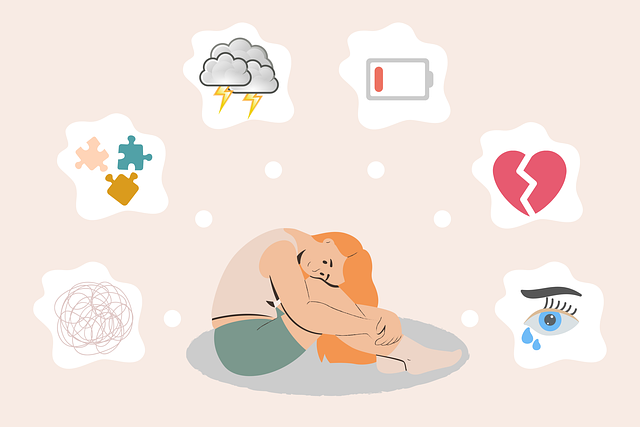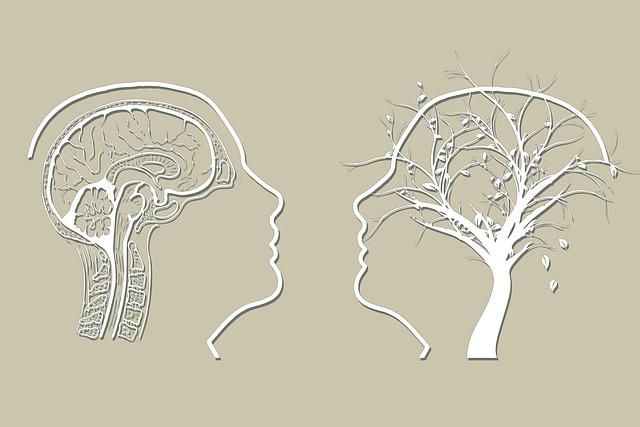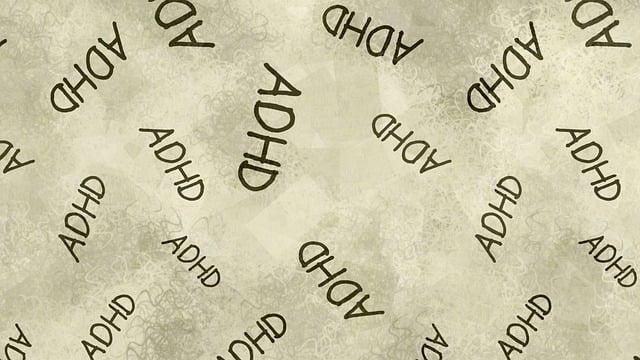Mental wellness journaling at Arvada Women’s Issues Therapy offers a personalized growth tool for self-reflection and emotional exploration. Combining mindfulness techniques like compassion cultivation and 'mind over matter' principles, regular journaling helps gain self-awareness, process emotions, build resilience, and cultivate positivity. Starting a consistent practice, tailored to individual needs, with prompts like mood tracking or setting intentions, enhances self-expression and healing. Arvada Women’s Issues Therapy promotes journaling as a therapeutic practice for profound insights and personalized coping mechanisms, addressing burnout prevention and cultural sensitivity in mental healthcare.
“Unwind and prioritize your mental wellness with the transformative power of journaling. This guide, tailored for residents of Arvada, offers a roadmap to navigating this practice. We explore how ‘Mental Wellness Journaling’ serves as a sanctuary for self-reflection and personal growth, backed by evidence from Women’s Issues Therapy. Discover practical tips on setting up your space, techniques to spark meaningful insights, and prompts designed to enhance your journaling journey. Embrace the quiet strength of self-exploration.”
- Understanding Mental Wellness Journaling
- Setting Up Your Journaling Practice
- Techniques and Prompts for Effective Journaling
Understanding Mental Wellness Journaling

Mental wellness journaling is a powerful tool for self-reflection and personal growth, offering individuals a private space to explore their thoughts and emotions. It involves documenting experiences, feelings, and insights in a structured manner, often with specific prompts or questions designed to encourage introspection. This practice is not just about recording daily activities; it’s a form of therapy that promotes self-awareness, helps identify triggers for stress or anxiety, and provides a safe outlet for expression.
For those seeking support, Arvada Women’s Issues Therapy offers specialized services tailored to women’s unique mental health needs. Incorporating mindfulness techniques like compassion cultivation practices and applying mind over matter principles, their programs guide individuals in using journaling as a means of managing stress, processing emotions, and cultivating resilience. By regularly engaging in this practice, one can develop a deeper understanding of themselves, gain clarity on goals, and foster a more positive outlook on life.
Setting Up Your Journaling Practice

Starting a journaling practice for mental wellness is an investment in yourself and your well-being, similar to how regular exercise strengthens your body. At Arvada Women’s Issues Therapy, we encourage our clients to embrace this journey of self-discovery through the power of words. Begin by carving out dedicated time each day or week – consistency is key. Choose a quiet space free from distractions where you can feel most comfortable and creative.
Your journal should be a safe haven, so personalize it as you wish. Consider including prompts like tracking moods, reflecting on daily experiences, or setting intentions for personal growth alongside your thoughts and feelings. Remember, there’s no right or wrong way to journal; let your unique voice and perspective guide the process. Engage your senses with scented paper or pens to enhance your experience – this can help in grounding you and making journaling a ritualistic and beneficial practice.
Techniques and Prompts for Effective Journaling

Journaling is a powerful tool for self-reflection and mental wellness, offering individuals a safe space to explore their thoughts and emotions. For those seeking personal growth and healing, Arvada Women’s Issues Therapy encourages the practice as a form of therapeutic expression. Through structured journaling exercises, individuals can unlock insights and develop coping strategies tailored to their unique experiences.
Effective journaling involves creative techniques and thoughtful prompts. Starting with simple reflections on daily events or specific emotions, one can gradually delve into more complex topics. For instance, considering “What challenges did I face today and how did I respond?” or “Identify a moment of joy and describe the sensations associated with it.” To enhance self-awareness, prompts related to Burnout Prevention can be incorporated, such as “What activities replenish my energy?” or “Reflect on past successes and the lessons learned.” Additionally, Cultural Sensitivity in Mental Healthcare Practice is encouraged by exploring personal biases and understanding how cultural backgrounds influence one’s mental health journey.
Mental wellness journaling can be a powerful tool for self-discovery and growth, offering a safe space to explore thoughts and emotions. By incorporating techniques like reflective writing and guided prompts, individuals at Arvada Women’s Issues Therapy can enhance their mental well-being and gain valuable insights. Customizing your journaling practice to fit your unique needs and preferences is key to making it a sustainable and beneficial habit. Start today and take the first step towards a happier, healthier you.














